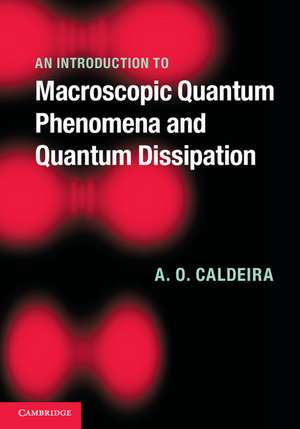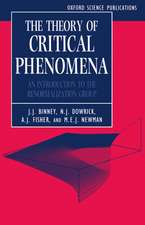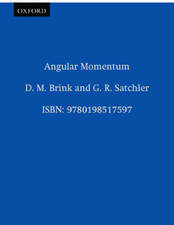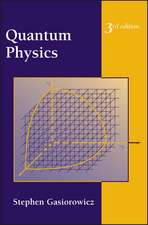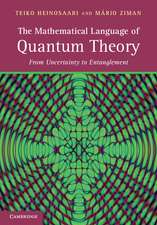An Introduction to Macroscopic Quantum Phenomena and Quantum Dissipation
Autor A. O. Caldeiraen Limba Engleză Hardback – 19 mar 2014
Preț: 457.10 lei
Preț vechi: 513.60 lei
-11% Nou
Puncte Express: 686
Preț estimativ în valută:
87.47€ • 93.53$ • 72.93£
87.47€ • 93.53$ • 72.93£
Carte tipărită la comandă
Livrare economică 18 aprilie-02 mai
Preluare comenzi: 021 569.72.76
Specificații
ISBN-13: 9780521113755
ISBN-10: 052111375X
Pagini: 294
Ilustrații: 58 b/w illus.
Dimensiuni: 179 x 254 x 20 mm
Greutate: 0.75 kg
Ediția:New.
Editura: Cambridge University Press
Colecția Cambridge University Press
Locul publicării:Cambridge, United Kingdom
ISBN-10: 052111375X
Pagini: 294
Ilustrații: 58 b/w illus.
Dimensiuni: 179 x 254 x 20 mm
Greutate: 0.75 kg
Ediția:New.
Editura: Cambridge University Press
Colecția Cambridge University Press
Locul publicării:Cambridge, United Kingdom
Cuprins
Preface; 1. Introduction; 2. Elements of magnetism; 3. Elements of superconductivity; 4. Brownian motion; 5. Models for quantum dissipation; 6. Implementation of the propagator approach; 7. The damped harmonic oscillator; 8. Dissipative quantum tunnelling; 9. Dissipative coherent tunnelling; 10. Outlook; Appendixes; References; Index.
Descriere
Develops the basic material necessary to understand the quantum dynamics of macroscopic variables. Ideal for graduate students and researchers.
